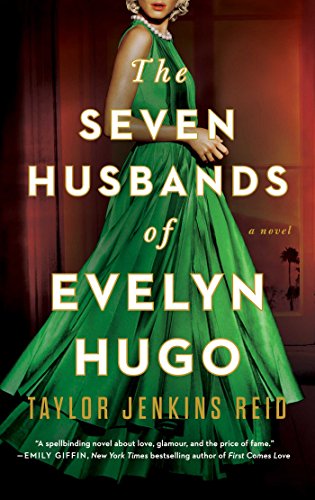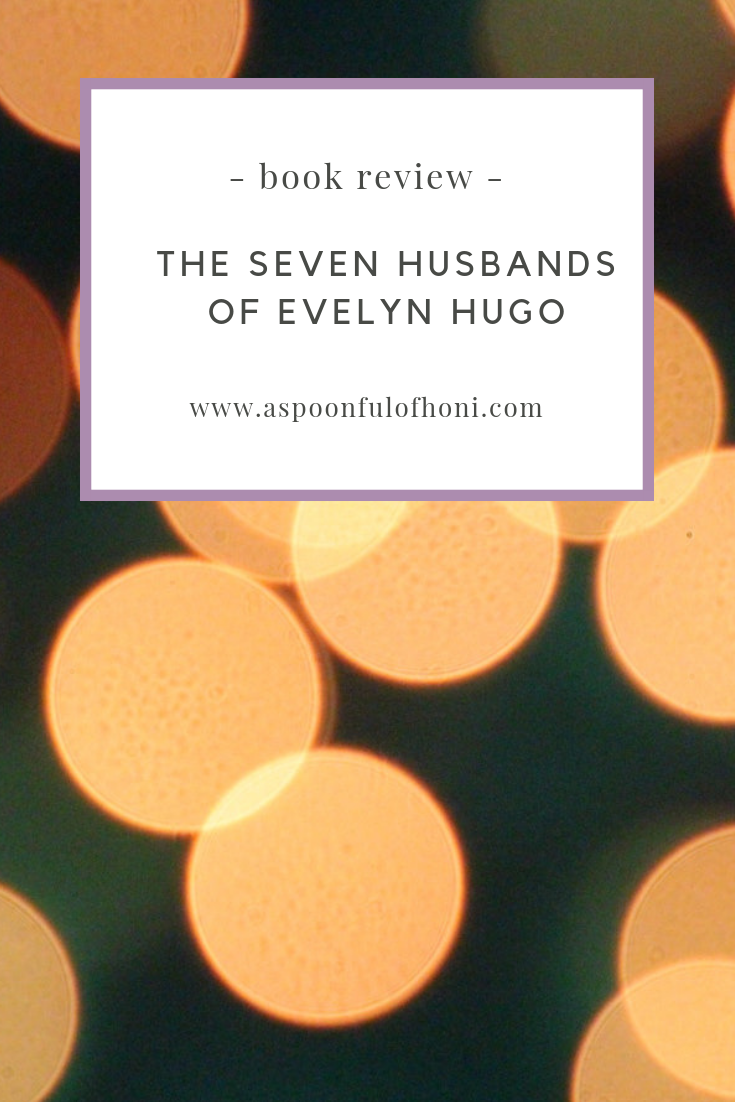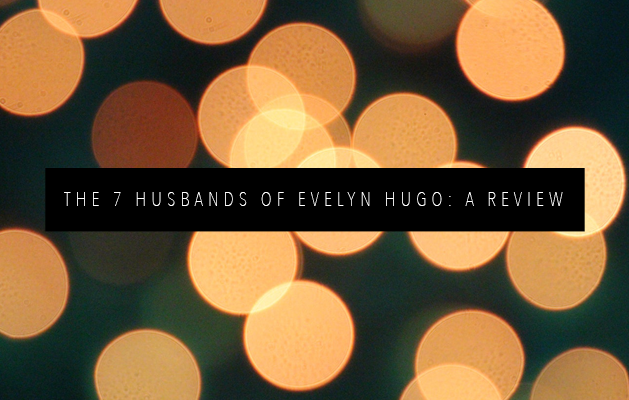
A gripping tale of finding oneself among the pomp-and-circumstance of Hollywood fame in the 50s, 60s, 70s, and 80s, The Seven Husbands of Evelyn Hugo is a masterpiece of this generation.
Evelyn Hugo, a Hollywood starlet of the Golden Age, wants Monique, a struggling writer, to tell her story. A story no one has ever heard before, and a story a lot of people would spend a lot of money to read. The book is perfectly written as a frame story going between the present day and Evelyn’s complicated past. It both tells Evelyn’s story as well as Monique’s and the vast impact Evelyn’s words have on Monique’s understanding of herself.
On the surface, it looks like Evelyn had some bad luck when it came to love — seven husbands and no babies, the audacity — but not all is what it seems. Each marriage was a calculated move to propel Evelyn further in her career, to hide her secrets, and to save the people she loved. Nothing Evelyn did throughout her life was without a cost or a reward, and she’s hidden that truth until now.
Jenkins Reid is an incredible storyteller. In this novel, she gives a voice to an otherwise voiceless group, though they are becoming louder as the years go on. The most captivating part of Jenkins Reid’s writing is her ability to connect people to an otherwise unattainable character. She humanizes Evelyn in the most basic ways so that readers can see that behind the ballgowns and mansions, Evelyn truly is like the rest of us; someone readers can relate to in the most human of ways.
“I was fishing for information that might break my heart, a flaw of the human condition.” Evelyn Hugo
This was a character flaw I thought was wholly my own, until Jenkins Reid made the words come out of Evelyn’s mouth during a recounting of an incident with a lover at a party to Monique. The little slips of human emotion make this otherwise out-of-reach story entirely relatable to the reader. Jenkins Reid has a unique ability to make ordinary people feel extraordinarily heard.
The Seven Husbands of Evelyn Hugo is a diverse cast of characters. Jenkins Reid introduces characters of mixed-races, Hispanic backgrounds, and LGBT orientations, and she makes them whole people. They are not that characteristic, rather that characteristic is an intrinsic part of their identity, as it very well should be. This is not an LGBT love story, it is simply a love story that features people of various orientations.
Despite all of the diversity Jenkins Reid peppers her story with, she also acknowledges the hard truth and bias of judgment. This ever-present cloud that hangs over everyone’s heads when they are trying to prove how open-minded and accepting they can be in the 21st century. Jenkins Reid knows that everyone struggles with judgment, even when they themselves have been the damned.
“Don’t ignore half of me so you can fit me into a box, Monique. Don’t do that.” Evelyn Hugo
Monique, who is half African-American and has struggled with her identity her entire life, unwittingly tries to cut off half of Evelyn’s identity, something that has been done to her for years. Monique never meant to fall victim to this judgment and bias, but despite her own experiences with being put in a box, she falls into the old trap just like any other human. And that only makes the book that more relatable.
The Seven Husbands of Evelyn Hugo is as good as everyone says it is. It is a story that’s needed to be told for quite some time. It’s about going after your dreams, realizing new aspirations, accepting yourself, and forgiveness. It’s everything this generation needs and more, and I’m thankful Jenkins Reid felt we were ready for such an inspiring story.
Happy reading,
Kimberly






